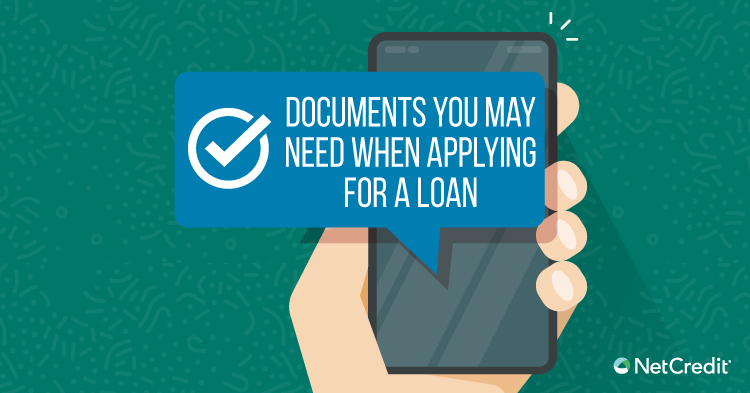Lenders have always taken measures to combat fraud and identity theft. This is why they carefully verify each applicant’s personal information before making a decision. Commonly, lenders will require the following documents to confirm your identity:
Proof of Personal Identification
Acceptable documentation may include:
• Driver’s license
• Birth certificate
• Social Security card
• Passport
• Government-issued identification card
Proof of Employment or Income
Acceptable documentation may include:
• Paystubs
• Tax returns
• 1099s
• Bank statements
• Employer contact information
Proof of Address
Acceptable documentation may include:
• Recent utility bill
• Voter registration card
• Proof of insurance
• Mortgage statement
• Rental agreement
Some applicants may be required to provide additional information and/or documents beyond the standard application. This may be necessary if there are issues pertaining to the prospective borrower’s credit history or income, or if any of the provided information wasn’t sufficient enough to be verified.
What Should I Do if My Application Is Denied?
If your loan application is denied, you will receive an adverse action letter from the lender with an explanation. You’re also entitled to a free copy of your credit report. Most lenders will provide specific instructions as to how that can be obtained in your adverse action letter. Once you are notified of the reason for your rejection, you should correct it before applying to borrow money again. While the cumulative amount of inquiries can have a negative impact on your score if excessive, most credit scores are not affected by multiple inquiries within a short period of time. These are typically treated as a single inquiry, and therefore have little impact on your credit scores.1
References
1myFICO. Credit Checks: What are credit inquiries and how do they affect your FICO® Score?. Retrieved March 2, 2022.






